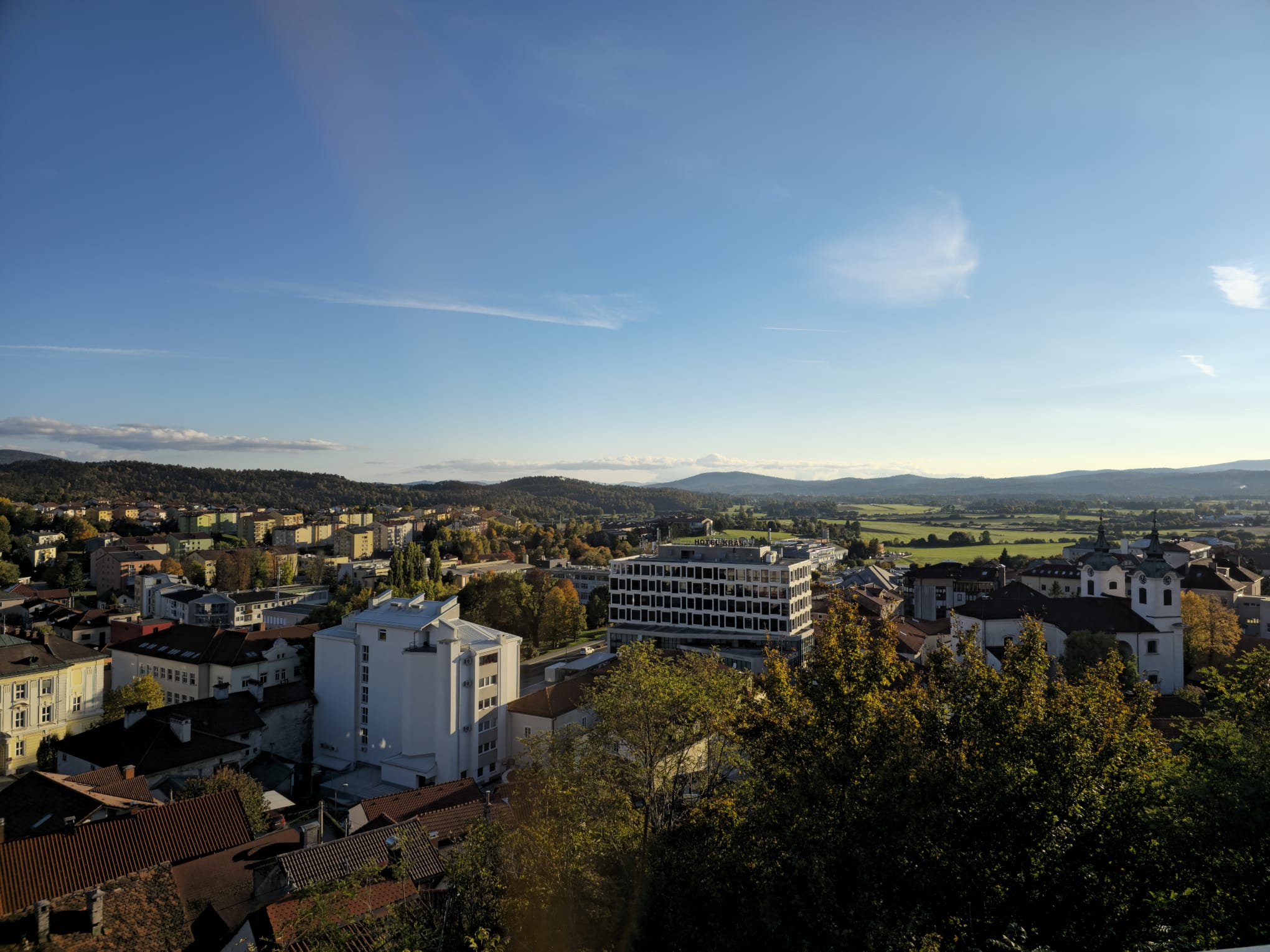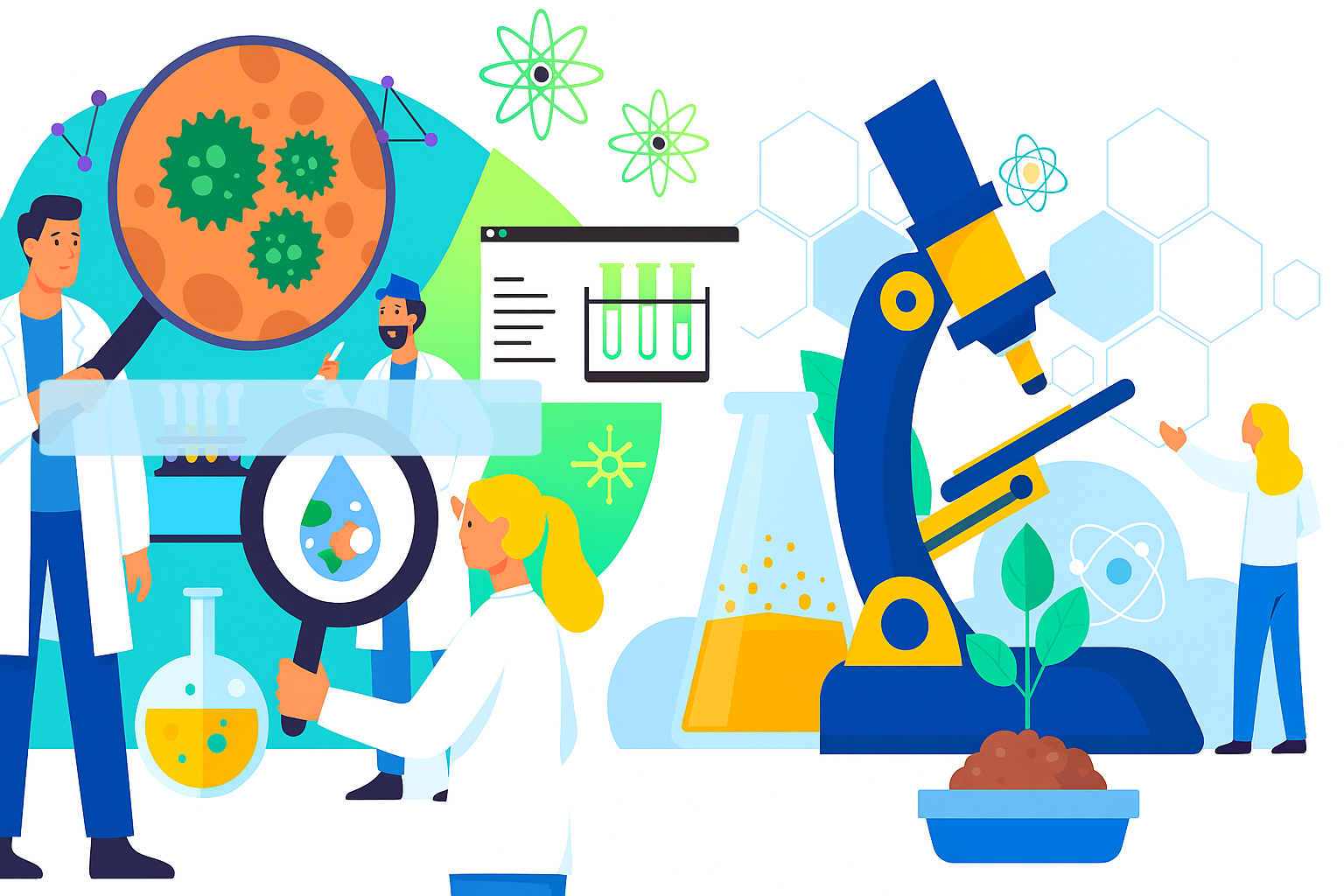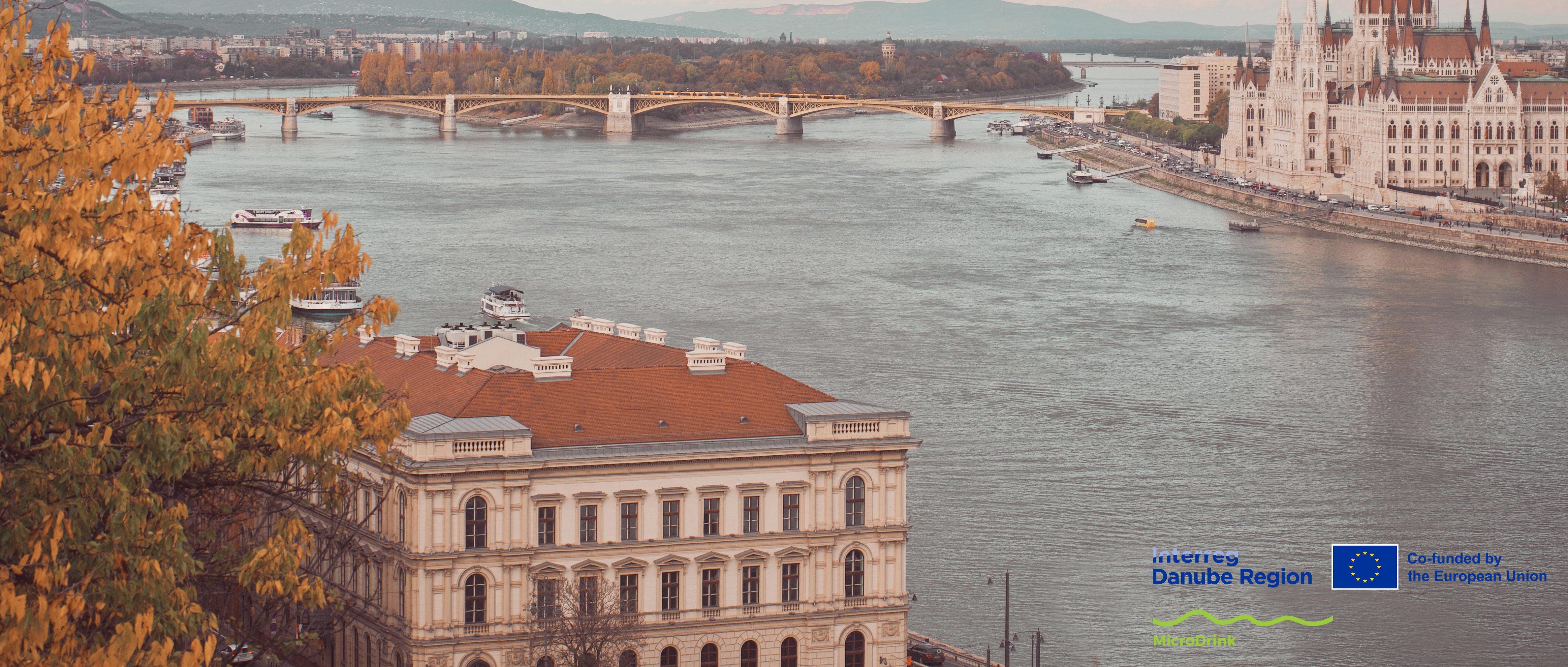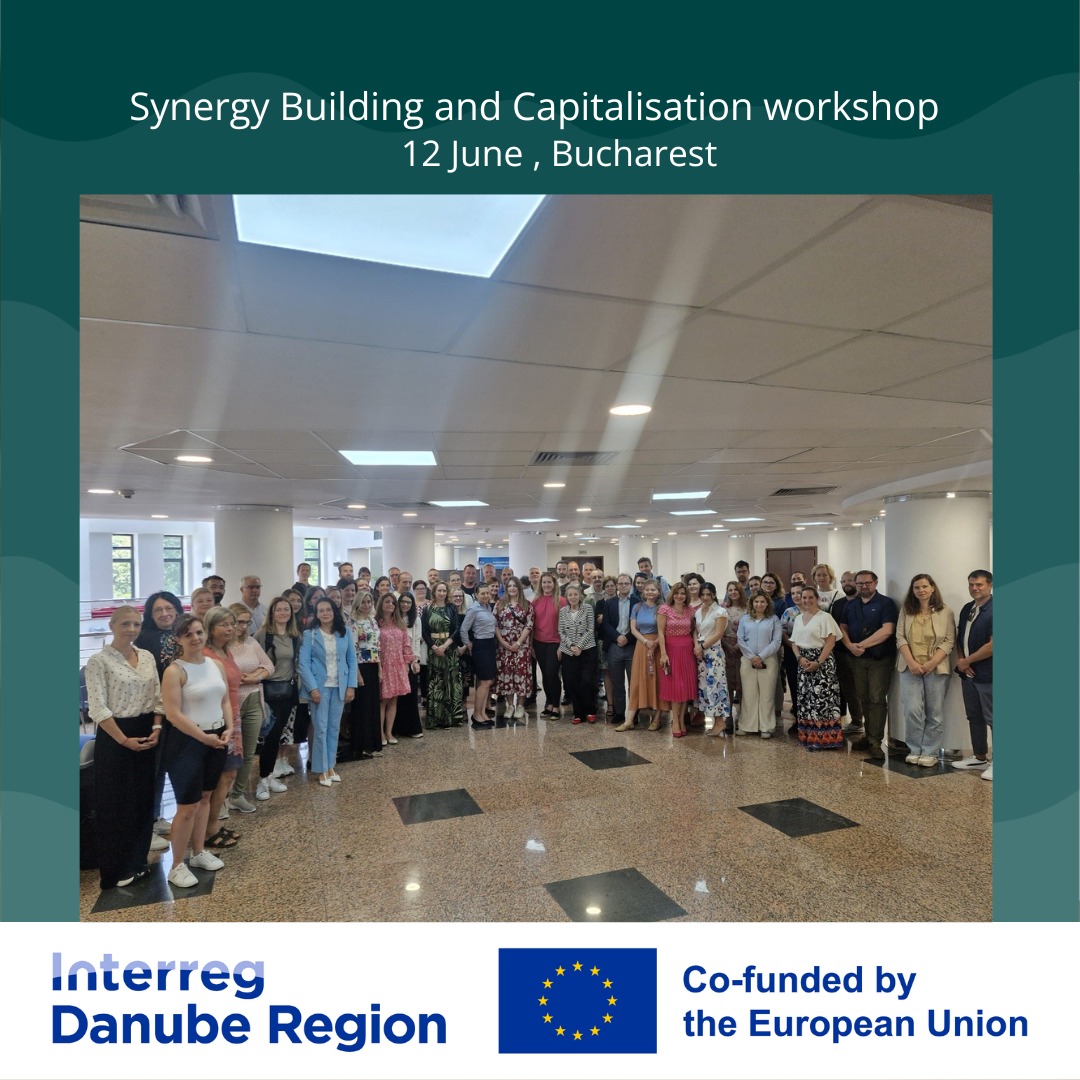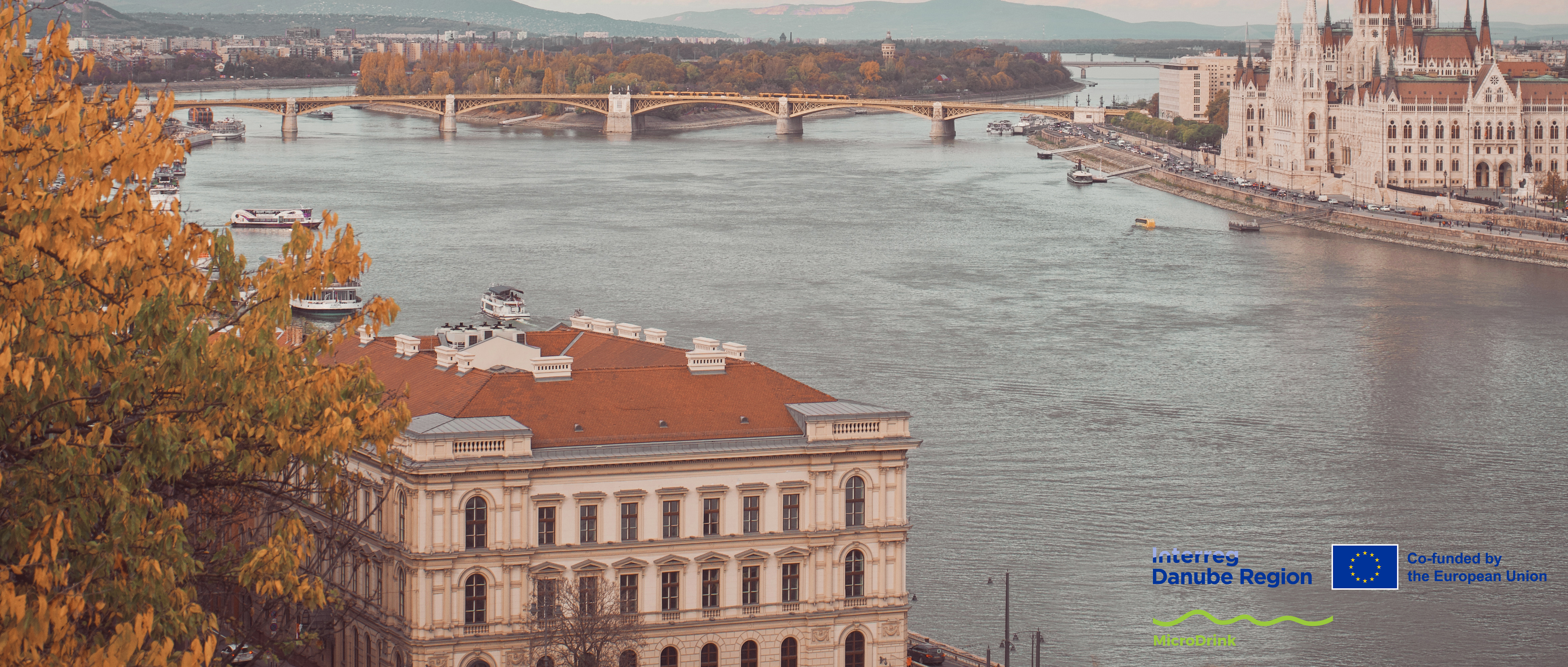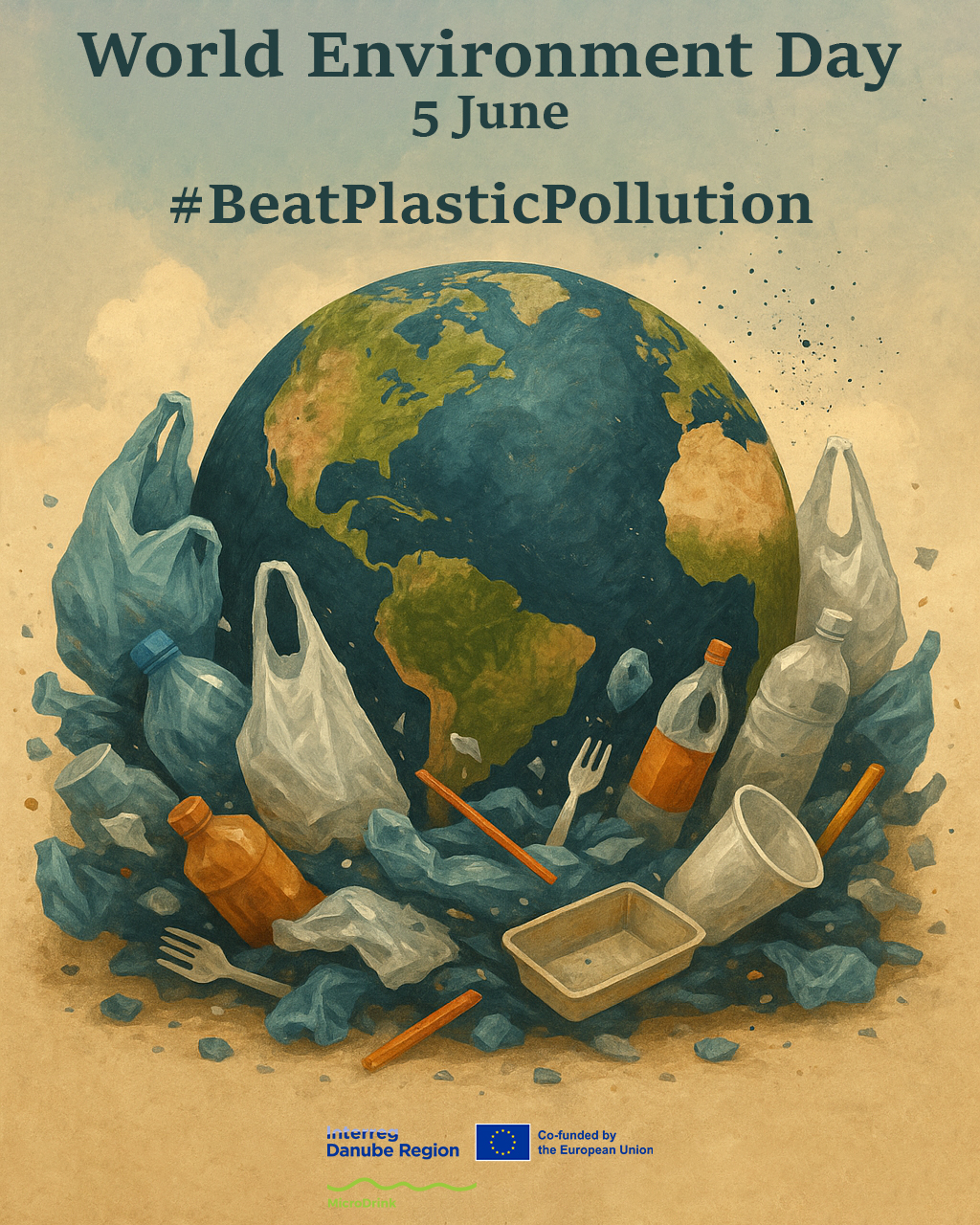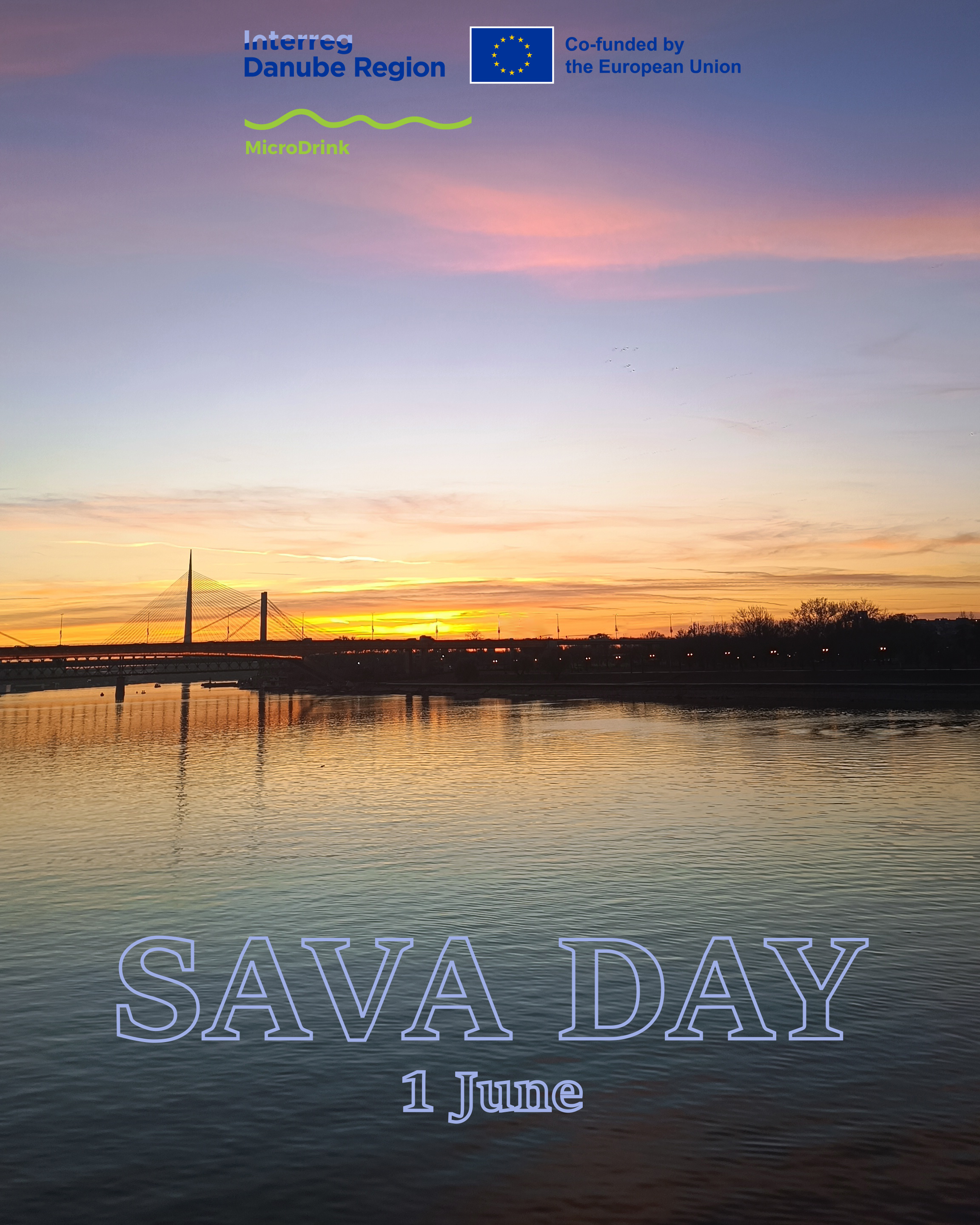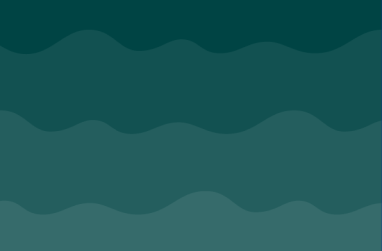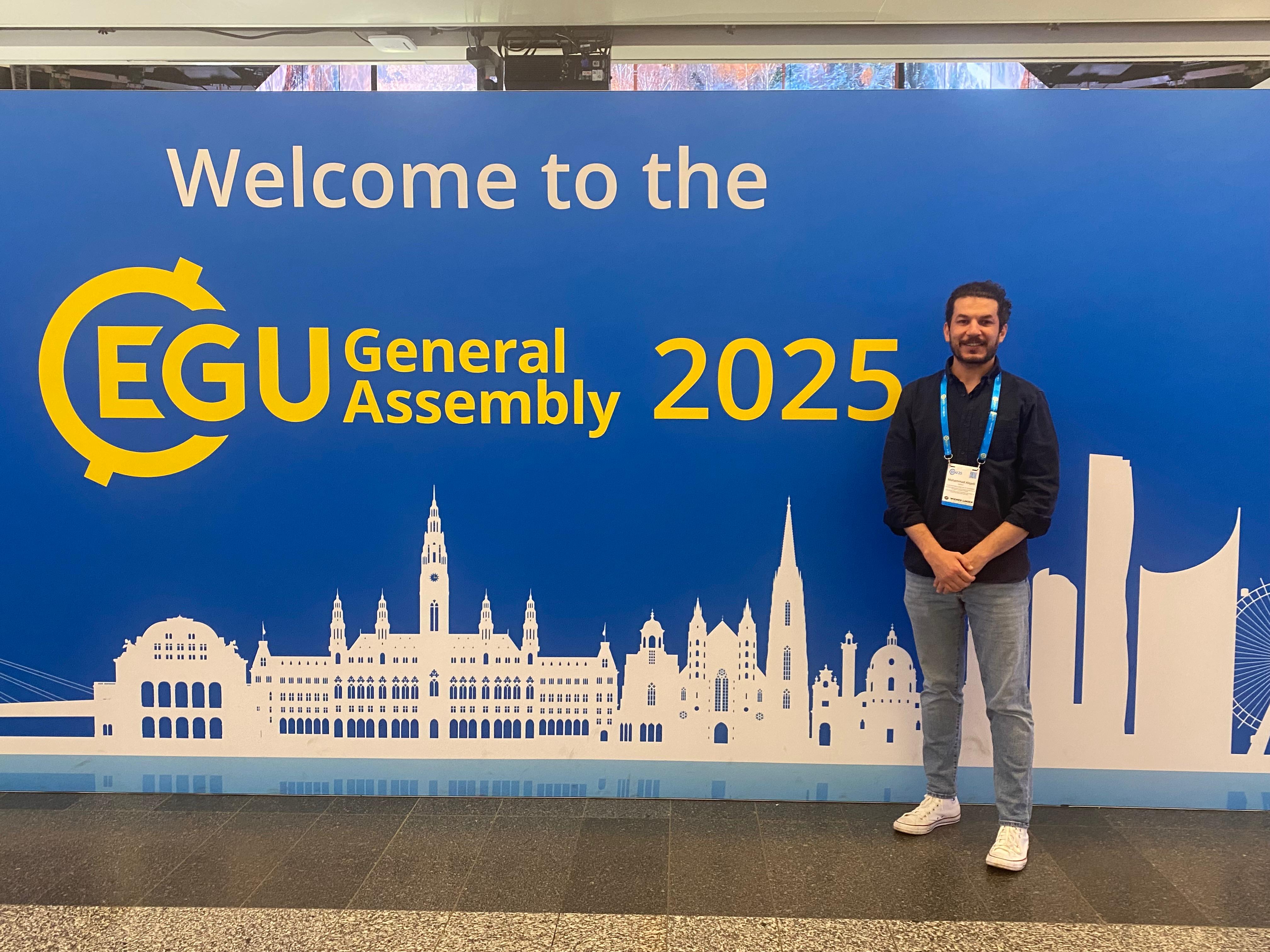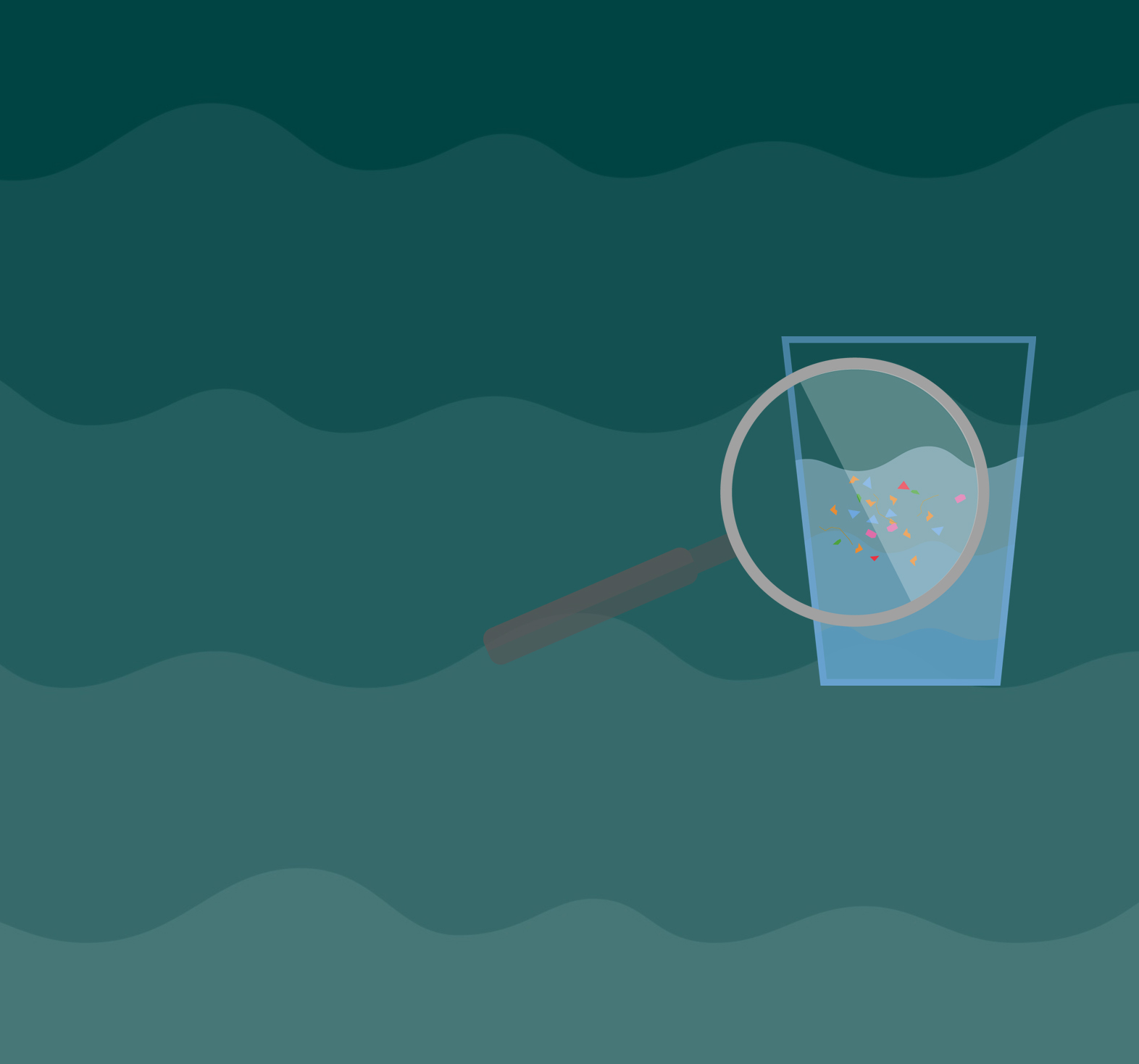
Micro(knowledge) transfer webinar on general state of the art of microplastics in drinking water resources
On December 16th, 2024, at 10:00 a.m., the second Micro(knowledge) transfer webinar on general state of the art of microplastics in drinking water resources of the Danube region and beyond was successfully held. The webinar was organized and led by SO2 leader Eurofins, with support from SO1 leader FAU. The LP supported the organization of the webinar by drafting invitations, managing registrations and sending access links to the webinar. Over 100 participants attended the session, which featured presentations by Dr Gábor Bordós (Eurofins) and Dr Mohammad Al-Qadi (FAU).
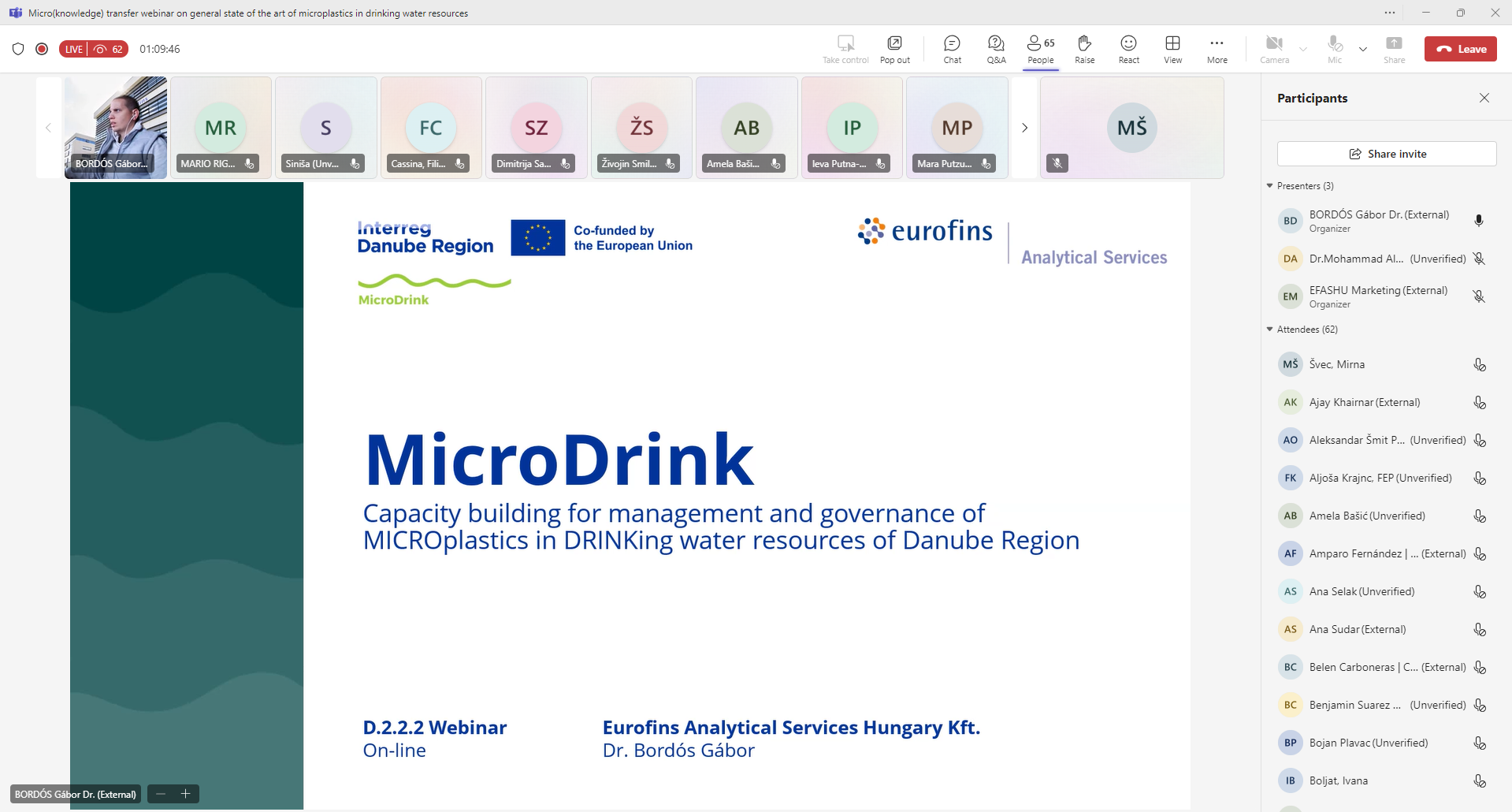
The webinar began with an introduction to the MicroDrink project by Dr Bordós, who outlined MicroDrink’s objective to address critical knowledge gaps in microplastics research. Following this, Dr Al-Qadi presented a comprehensive overview of the current knowledge on microplastics, covering microplastics types, potential sources, and impacts on environmental and human health. Dr Al-Qadi highlighted significant challenges in this field, such as the absence of standardized sampling and analytical methods, which results in inconsistent and incomparable data. Furthermore, legislative and regulatory frameworks across the Danube region are fragmented – some countries enforce local or regional laws, while others lack regulations entirely – creating barriers to collaborative research efforts. Another critical issue is the limited capacity of laboratories within the region. Few facilities are equipped with the necessary resources or expertise to conduct microplastics sampling and analysis, as the required equipment is costly and skilled personnel are scarce. Consequently, research capabilities across countries in the region are both limited and unevenly distributed.
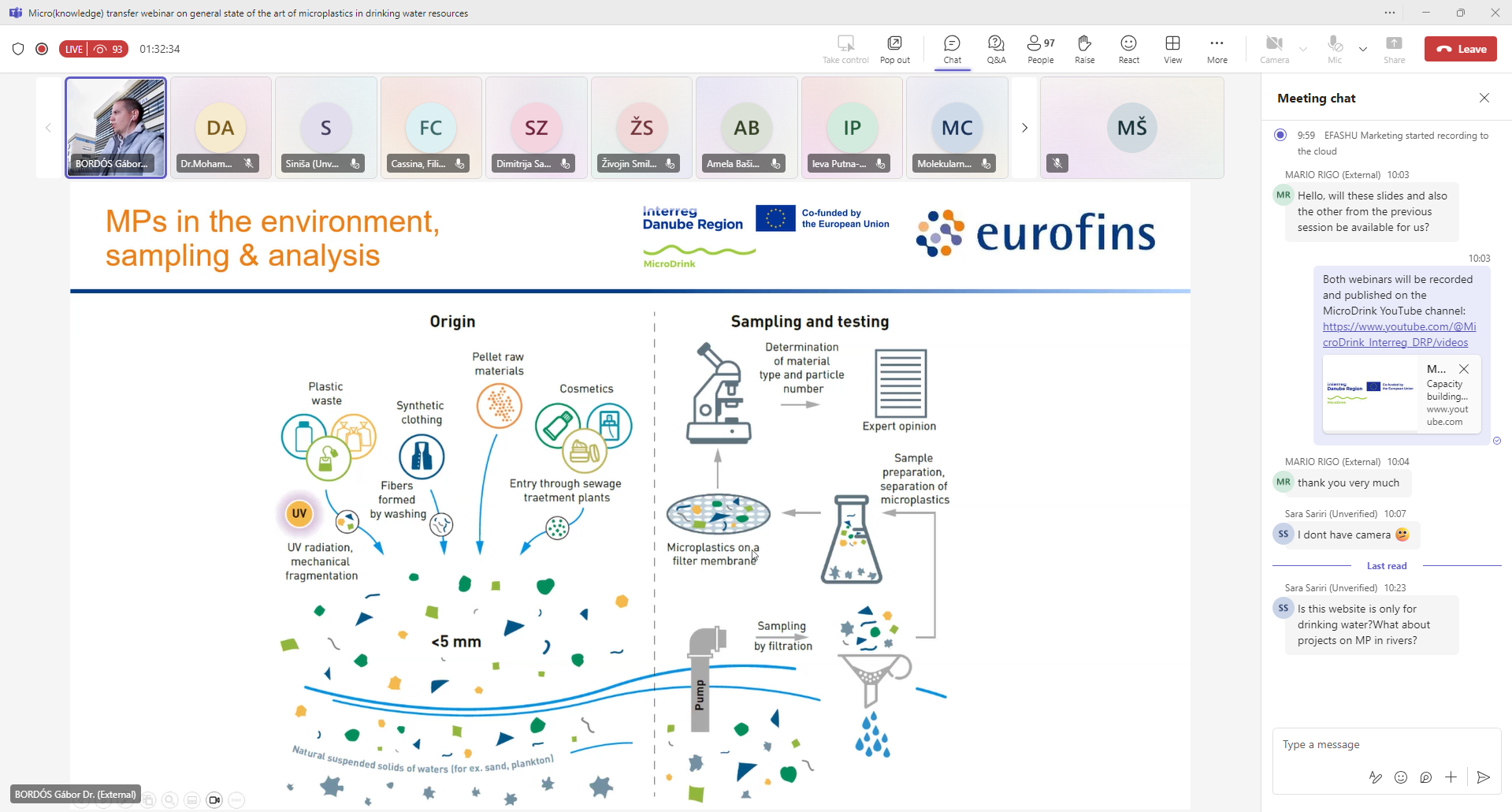
The MicroDrink project has developed the MicroDrink Knowledge Base, a centralized, open-access platform for sharing information across regions to address these challenges. Dr Al-Qadi demonstrated its features, highlighting its utility for accessing up-to-date research, comparing sampling and analytical methods, and connecting researchers through a database of projects. The platform also allows users to contribute by submitting information directly.
Dr Bordós then resumed the presentation, focusing on legislation and regulation related to microplastics, particularly at the EU level. Several key directives and policies were outlined: Single Use Plastics (SUP) Directive 2019/904, Drinking Water Directive 2020/2184, California Senate Bill No. 1422 (first mandate in the world requiring testing of drinking water for microplastics), amendment 2023/2055 to the REACH regulation with regards to synthetic polymer microplastics, the Commission Delegated Decision 2024/1441 supplementing the EU DWD, and finally Urban Waste Water Treatment Directive 2024/3019.
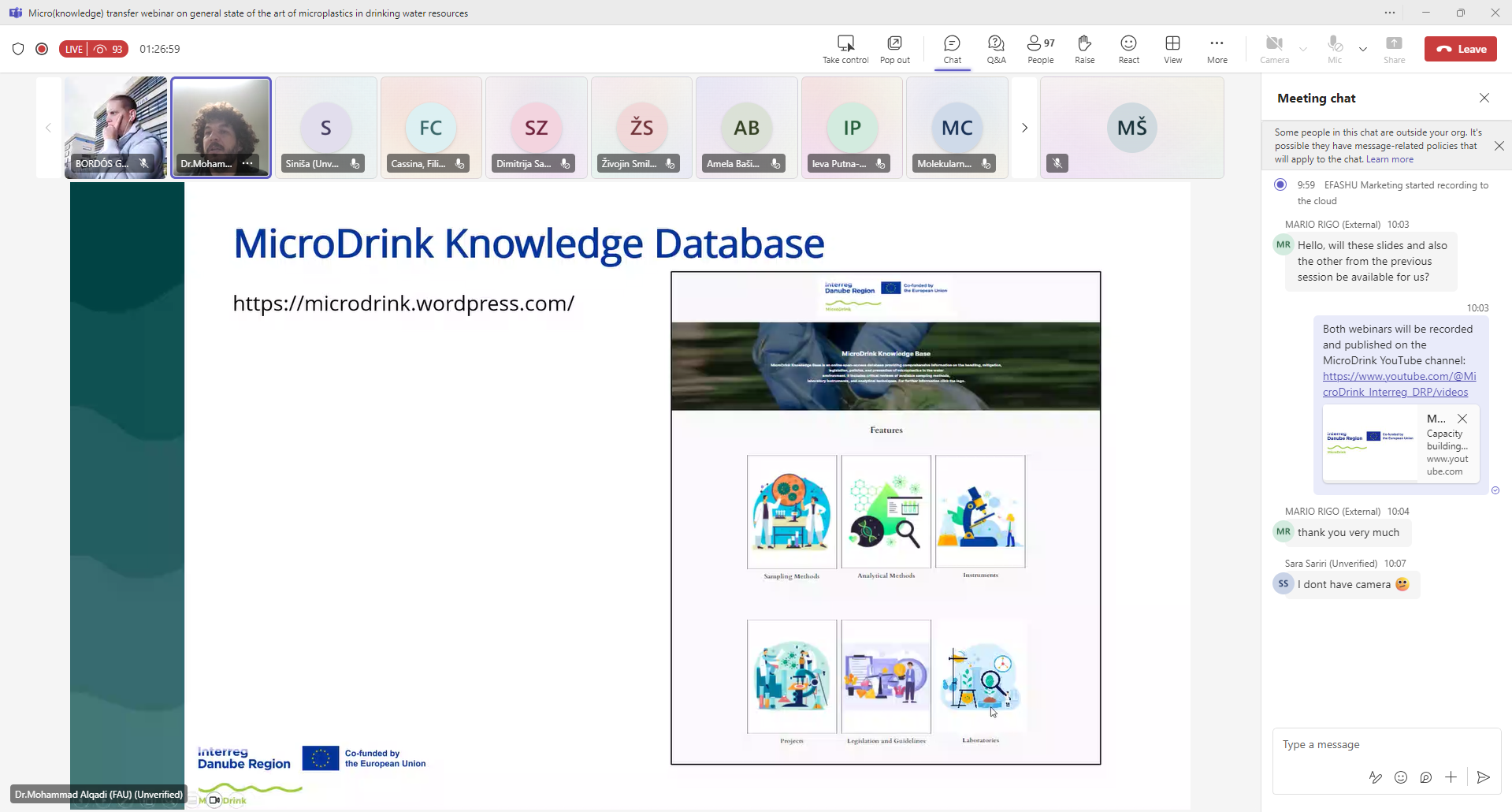
Dr Bordós concluded the webinar by discussing the Commission Delegated Decision 2024/1441, which establishes methodologies to measure microplastics in water intended for human consumption. While the directive marks a significant step toward standardization across the EU, there are also several key challenges to its implementation. These include the complexity of sample preparation, insufficient numbers of trained personnel, and high costs associated with sampling and analysis equipment. Additionally, the directive recommends the analysis of blanks for each sample collected, further driving the costs higher.
The webinar concluded with a Q&A section, during which participants posed questions about the future of microplastics research and the considerations regarding the challenges in implementing current regulations.
As with the previous session, this webinar was recorded and has been made available on the MicroDrink YouTube channel.
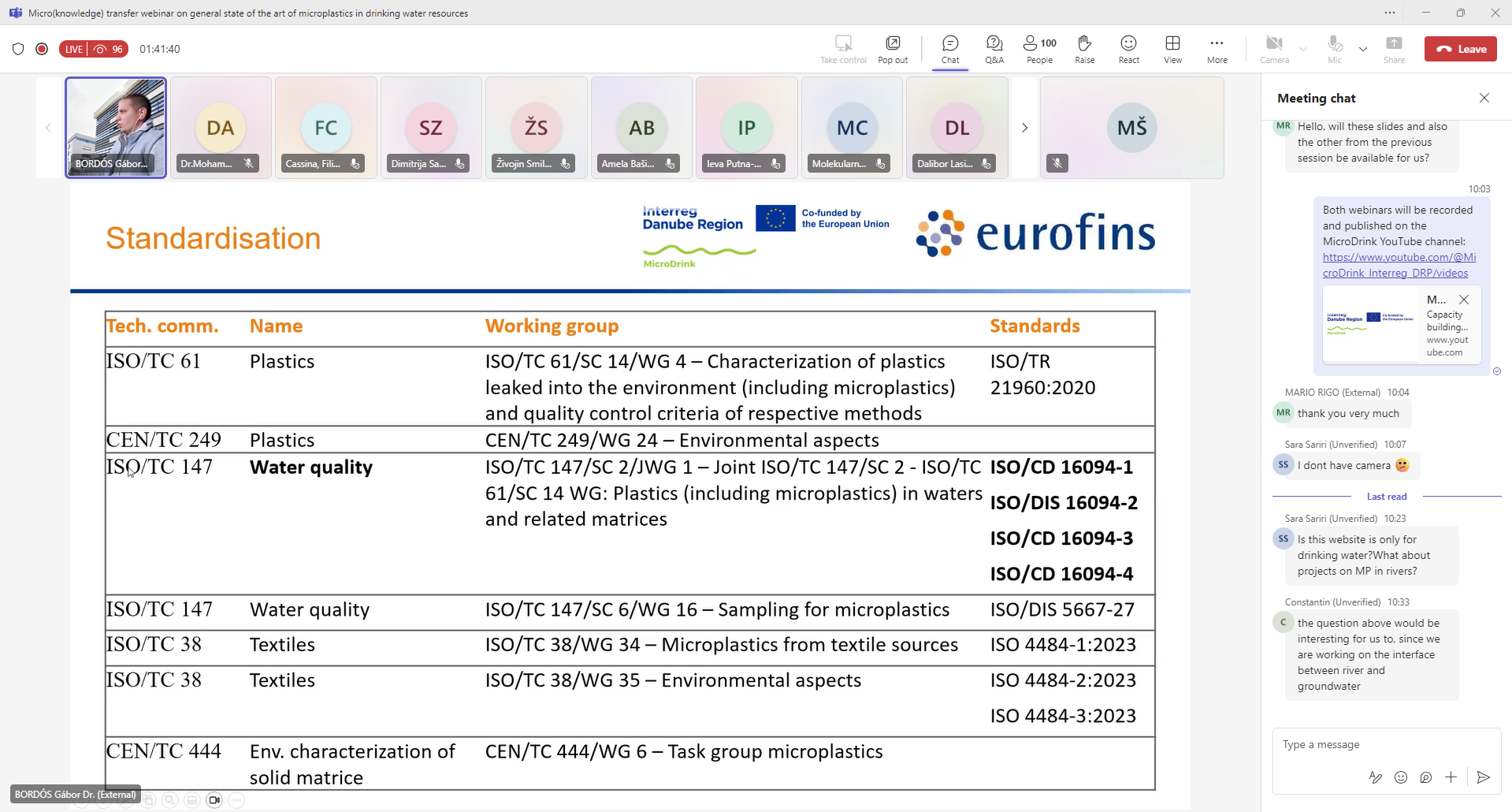
News & Events
Read the most recent updates and explore the upcoming events.

